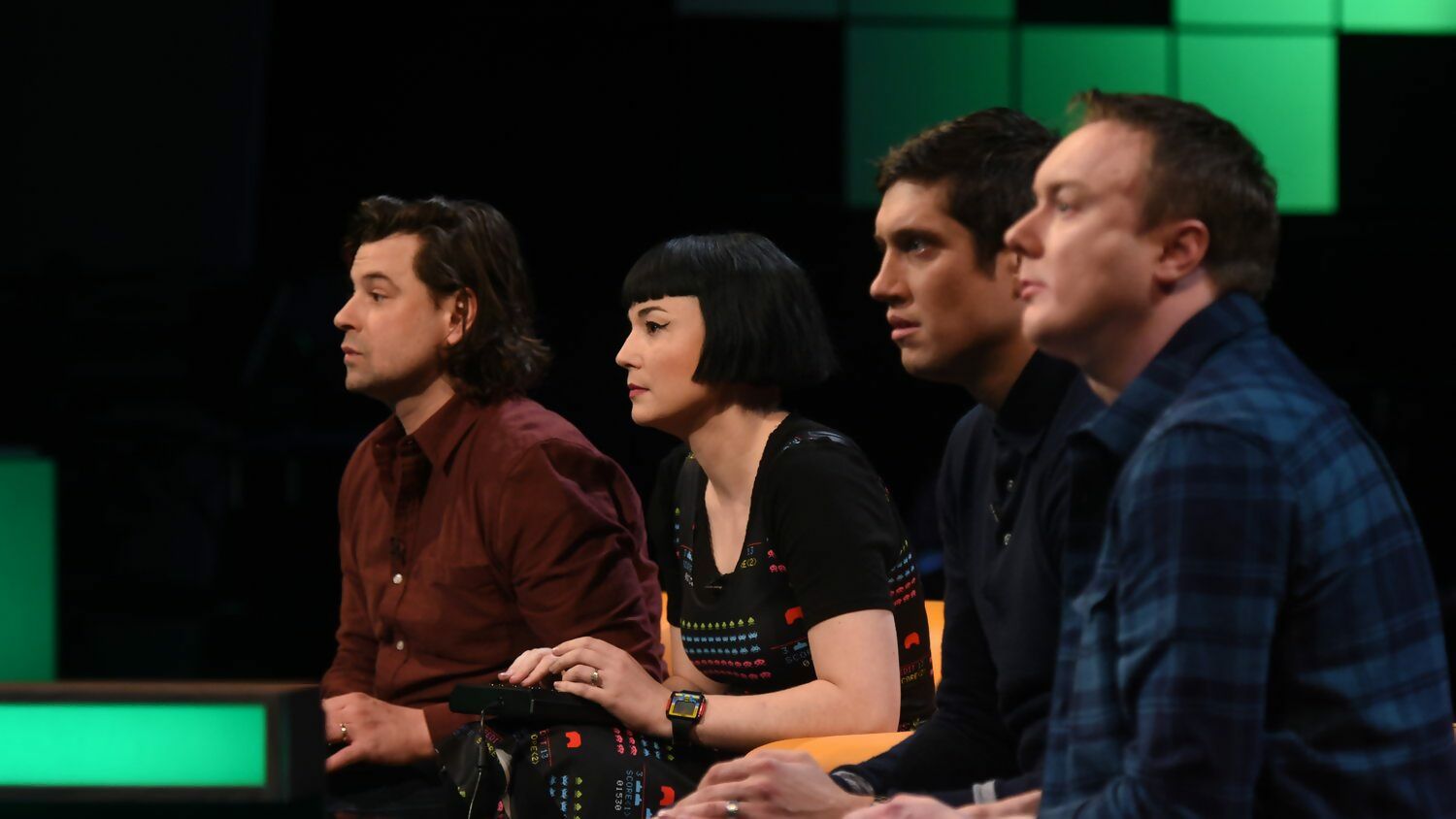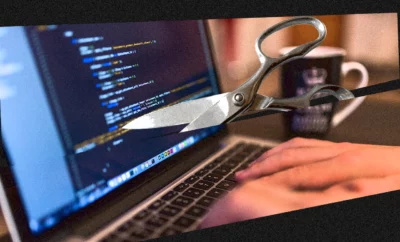
Just over five-and-a-half years ago, my show Go 8 Bit began its life as a drunken shambles in a student union cupboard at the Edinburgh Fringe Festival, borne from a belief that if funny people competed on games like Mario Kart or Street Fighter, the inherent entertainment value of video games combined with the performers’ quick wit would be enough to entertain an audience. Less than three years later, Go 8 Bit was a shiny-floor TV panel show on the UK channel, Dave. Lest this comes across as self-aggrandising, the show has since been denied a fourth series, so that’s me knackered.
Making a video gaming show for TV comes with a number of complexities which we’d either not considered, or underestimated. For example, as a show which existed solely for entertainment (despite my protestations, Susan Calman dressed as an extra from Baywatch was deemed to have zero academic value) we were unable to use any games without first securing approval from their creators.
When it comes to 30-year-old Spectrum games, it can be virtually impossible to even work out who owns them and, from a legal standpoint, “it’ll probably be fine” is apparently not a plan. More problematic was the unavoidable truth that not everyone in TV “gets” games, which can lead to some unfortunate compromises to the detriment of the overall product. I, for example, actually felt the screen we played the games on shouldn’t have lag. I’m a maverick.

Funny people competing: that’s pretty much all you need for an entertaining TV show.
Alongside Go 8 Bit, I found myself increasingly immersed in the world of online gaming, and eventually began to dabble myself in Twitch streaming, from the comfort of my own home. Over the last 18 months, I’ve grown to love the platform more than TV, as it gives me complete creative control over what I make, when I make it, and a direct connection with the people that choose to engage with it. I’m a bit of an anomaly on Twitch, being neither young, nor particularly good at the games I choose to play, but I’ve somehow found enough kindred spirits with similar interests for it to be a viable source of income.
In fact, last year, whilst we didn’t film any more episodes of Go 8 Bit, a combination of streaming and live shows allowed me to earn more income than I’d done the previous year when the TV show was made. Whilst TV has huge budgets, it also has huge costs, and my modest audience online and around the country was able to directly fund my delusion without any intermediaries creaming their slice off the top.
Of course, it’d be nice to be able to bring the production values of TV shows like Go 8 Bit to an online audience in a form other than eSports, but with that scale comes complexity, compromise and cost. Until someone works out how to do it successfully, I’m happy just playing Mario badly in my grandad’s old chair.





